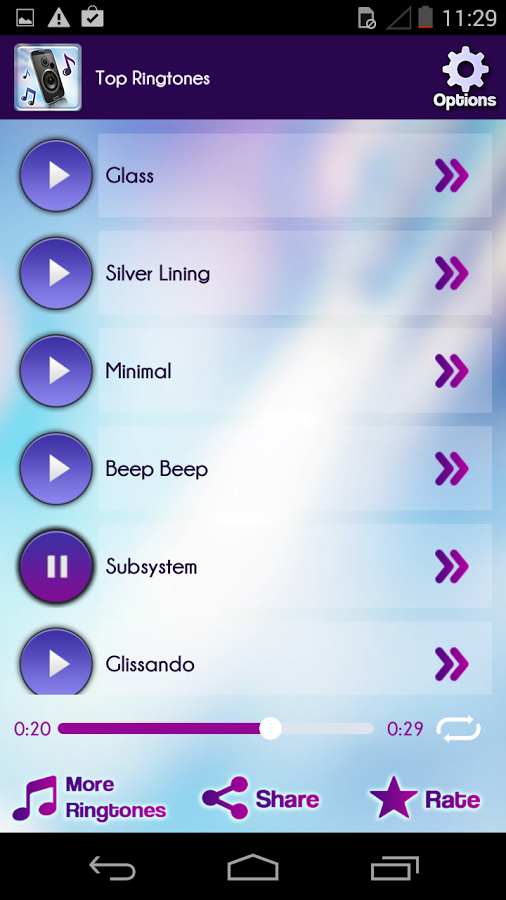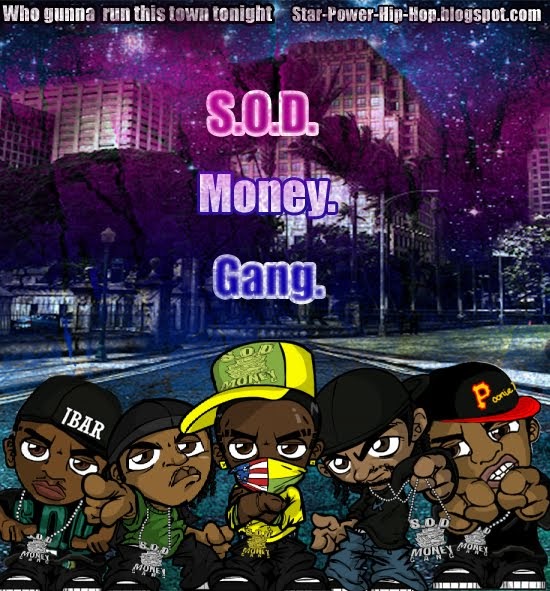

But most importantly, “Walk It Out” was the sound of Atlanta for longer than it was the sound of cellular phones across America, proving that what could move hip-hop listeners in Atlanta would soon move listeners everywhere (thanks to the then-new YouTube, “Walk It Out” would be one of the first “viral” singles). The production was sparse, and its incredible remix boasted verses from both members of OutKast, guys who were as close to New York-style “real hip-hop” Atlanta had at the time, and who never bought into the “simple” designation of ringtone rap (Jim Jones was on it too, rapping about ATL strip club staple Magic City. It hardly had lyrics-it was 85% chorus, and you’d be hard pressed to find anyone who can recite the verses. Unk’s “Walk It Out” encapsulated a lot of these ideals of Atlanta hip-hop in one inescapable song.

Atlanta was an epicenter for that aesthetic choice: It was accepted there more than other places that being a great rapper and being good at rapping are not mutually inclusive. Being “lyrical”-which is roughly as definable as “pornography”-was less important than how you delivered the words, which of course is an idea that is as old as music itself. It’s a place where production could become a bigger star than the rapper, as crunk became snap, and snap became trap, jerk, and other splintered styles across the city and America at large (which we’ll talk about in the next Ringtone Weighs a Ton). It’s a scene where the real/fake hip-hop dichotomy did not exist all that mattered was becoming the soundtrack to the city, for however brief, and breaking through nationally was a happy coincidence if it happened. Ludacris’ undeniable singles (he still has more A1 film performances than he does A1 albums) were welcome on rap radio from “Fantasy” on, and Young Jeezy had captured hearts and minds of street rap fans around the country with Thug Motivation 101.īut the ringtone rap era finalized Atlanta’s position as hip-hop’s 21 century Mecca with strip clubs, and most importantly, it did so by highlighting everything that was great about Atlanta hip-hop culture. was on his way to becoming the most unlikely pop-star/reality show Danny Tanner from the Atlanta scene, thanks to his 2006 album, King. Lil Jon and his army of 3XL-shirted crunk lieutenants taught a bunch of tweens across the world the filthiest phrase they knew (“skeet skeet skeet”), and had clubs feeling like controlled demolition sites.
HIP HOP RAP RINGTONES PROFESSIONAL
By 2005, OutKast were the biggest rap group on earth, thanks to Speakerboxxx/The Love Below, and this is still probably true, even if it’s clear that 3 Stacks is more invested in being a professional beard-trimmer than releasing an album (the thirst for a solo Andre album continues to keep the lights on at 1000 rap blogs). Ghostface, Nas, and 50 commenting on the South’s ascendance was only necessary because they were no longer the true movers and shakers of the culture. But as the stranglehold of the media hubs on the coasts began to loosen-and the Internet opened up listeners everywhere to music from anywhere-the holes in the New York-and-L.A.-only argument were impossible to plug with G-Unit sweatsuits.īy 2005, Atlanta was the epicenter for current hip-hop culture.


Vital regional rap from places like New Orleans, Houston, Miami, and Atlanta was marginalized, and great groups from below the Mason Dixon were treated with outright hostility (Outkast and Geto Boys were booed onstage in New York) or a wall of indifference (UGK weren’t given their canonical recognition until they’d been recording for nearly 20 years). But really, 50’s quote might as well have been, “The south is ruling hip-hop now, and as a guy from New York, I resent that.”įor years, conventional wisdom held that important rap music could pretty much only come from New York or Los Angeles. Calling ringtone rap “simple” was shorthand for 50 Cent and Ghostface (as well as their boosters on message boards and comments sections) to say that the brand of hip-hop they were making/listening to at the time was “better” than what was dominating hip-hop airwaves. That criticism-that ringtone rap was “simplified”-was the most prevalent amongst unimaginative detractors of the genre, from Ghostface wondering aloud on Fishscale how he’d been passed by D4L and “Laffy Taffy,” to Nas naming his album Hip-Hop Is Dead in 2006, as a barely denied shot at ringtone rappers.


 0 kommentar(er)
0 kommentar(er)
